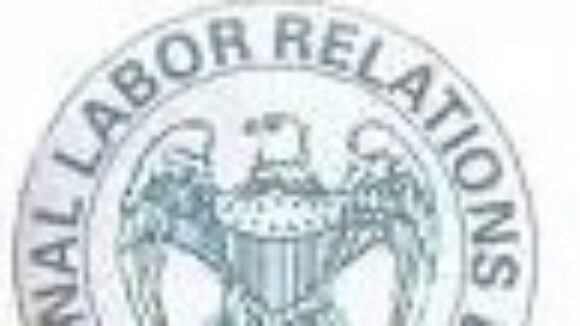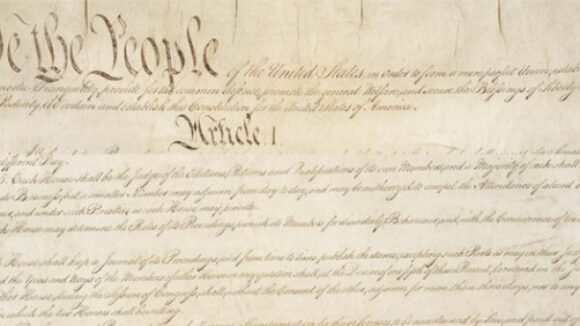Obama NLRB Actions "Unconstitutional"
Roger Pilon, a constitutional scholar from the CATO Institute, makes a compelling case that President Obama's outrageous appointments to the National Labor Relations Board and the Consumer Financial Protection Bureau are unconstitutional:
All of Obama’s appointments yesterday are illegal under the Constitution. And, in addition, as too little noted by the media, his appointment of Richard Cordray to head the Consumer Financial Protection Bureau (CFPB) is legally futile. Under the plain language of the Dodd-Frank Act that created the CFPB, Cordray will have no authority whatsoever.
Yesterday, Professors John Yoo and Richard Epstein, writing separately, made it crystal clear that the president, under Article II, section 2, may make temporary recess appointments, but only when the Senate is in recess. Add in Article I, section 5, and it’s plain that the Senate is presently not in recess, just as it wasn’t under Senate Democrats when George W. Bush wanted to make recess appointments. The difference here is that Bush respected those constitutional provisions while Obama — never a constitutional law professor but only a part-time instructor – ignores them as politically inconvenient. Attempts by Obama’s apologists to say the Senate is not in session are pure sophistry and, in the case of Harry Reid, rank hypocrisy, as this morning’s Wall Street Journal brings out.
But clear beyond the slightest doubt is the language of the statute (itself unconstitutional on any number of grounds not relevant here). As my colleague Mark Calabria wrote yesterday, “authorities under the Act remain with the Treasury Secretary until the Director is ‘confirmed by the Senate.’” A recess appointment, even if it were constitutional, is not a Senate confirmation. There is simply no wiggle room in that language that gives Cordray any authority, as litigation will soon make plain.





